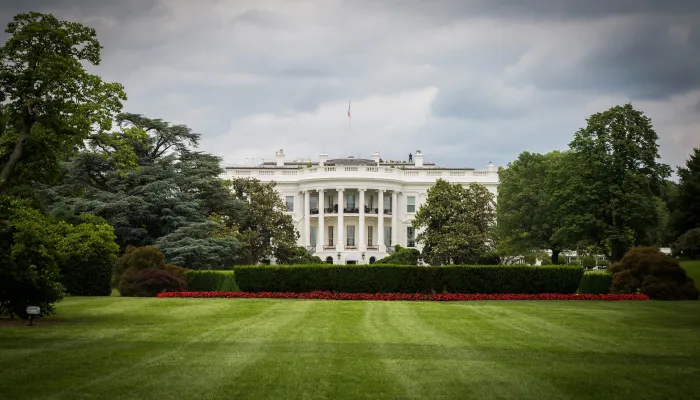Op-Ed: Don't Give Up on Grand Bargain on Debt
CNN | July 15, 2011
Maybe the cynics are right. Maybe it will prove too heavy a lift to use the occasion of the debt ceiling increase to put in place a large, specific budget fix to reduce our massive deficits.
Enough policymakers now seem to buy the importance of lifting the debt ceiling, and it appears we will find a way to do so in time, thereby avoiding an (inexcusable) default.
That's good. But this does nothing to ensure that we avoid the fiscal crisis we are heading toward. Ironically, if and when markets lose faith in the U.S.' ability to bring our debt back down to sustainable levels, the crisis that will hit will be quite similar to what we would encounter by breaching the debt ceiling, with a dramatic spike in interest rates driving up borrowing costs, hurting American families and businesses. This will make our budget challenges even tougher to fix, and toss the economy back into a deep recession.
So something short of a "grand bargain" -- which would include roughly $4 trillion in savings and fix the most broken parts of the budget, including entitlement programs and the tax system -- is not that great a comfort at all.
This is not supposed to be who we are: a country fighting over whether to pay our bills, being scolded by rating agencies --including in China -- and on track to leave a shredded economy to the next generation because we spent years on a spending spree without paying the bills.
And it should not be acceptable for policymakers to run from this problem and promise themselves and the country they will get to it ... right after the next election.
While the politics of the grand bargain now may be challenging, there are a number of reasons why waiting makes it harder.
1. Small deals are hard, too. We know that something will have to be attached to the debt ceiling to make it palatable to both parties. While there is an inclination by many to water down the deal from the $4 trillion grand bargain that would actually fix the problem, to the mini-deal that would skirt around the major issues of entitlements and tax reform -- or to the "process mechanism" that promises to find future savings but hides from the specifics -- advocates of playing small ball will find that there is little support for these packages as well. Ironically, including more changes in the package now, as long as they are well-crafted and reflect the most important values of each party, will actually make passage easier. Oh, and if we don't? We'll just have to go through all of this again.
2. Time is running out. Markets are worried about the debt ceiling and the country's fiscal future. There is no guarantee that we can wait another year or two before making changes to avoid markets losing confidence in our political system's ability to make the necessary tough choices. Waiting only increases the likelihood that we have to make the changes on the market's terms, rather than our own.
3. People need time to adjust. We know changes are coming, but we don't yet know what. Many budgetary changes, particularly those to entitlements and the tax code, should be made more gradually. If we don't put those changes -- such as raising the retirement age and implementing various forms of means testing -- on the books now, there will not be ample time for participants to adjust.
4. Republican strategy. Republicans may think they stand a better chance of getting a deal to their liking by waiting until after the election, when they may have increased their numbers in the Senate, and perhaps the White House. But really, do they think that making major structural changes to Medicare and Social Security on their own is a good political plan, or even one that many of the members will support in the end? If they want to get real changes made to the programs, they will have to do it with the bipartisan cover this moment offers.
5. Democratic strategy. Democrats, meanwhile, think that waiting it out means a deal more weighted toward a tax increase. Maybe, or not. The tax increase fight is one that Democrats actually haven't been willing to take on squarely, other than increasing taxes for millionaires and corporate jet owners -- and there just isn't enough money there. What they should see is that delay increases the likelihood that we will continue to take bites out of the budget by cutting domestic discretionary spending, where public investments and many programs for the poor are housed, thereby decimating the very parts of the budget they should be fighting hardest to protect.
6. Stimulus for the economy. Finally, and I say this as a deficit hawk, the economy may be faltering and in need of further stimulus. No, you don't need to repave my road again, but some well-targeted stimulus to boost demand and investment is probably a worthwhile insurance policy for the economy. It will never fly as a stand-alone bill, nor should it. But it could work well as a small sweetener that provides an up-front stimulus as part of a much larger deficit reduction package. It's fair to say that the politics and policies involved in fiscal consolidation are never easy, but they will only get more difficult if we wait.
What's Next
-
Image

-
Image

-
